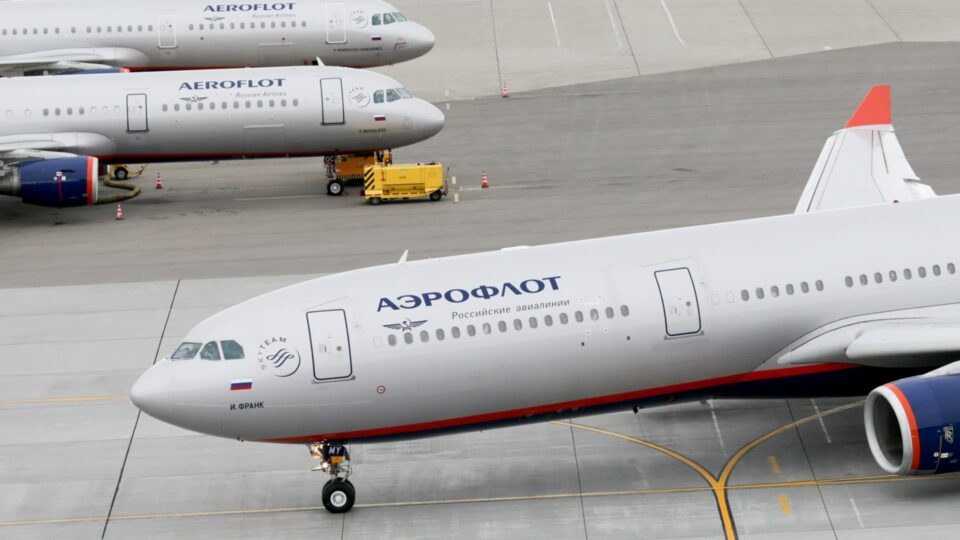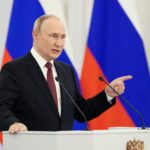As the second year of the Ukrainian War begins, Russians are seeking sanctuary in Thailand by purchasing real estate there to avoid conscription and the economic effects of the conflict.
In the year since the invasion, tens of thousands of Russians had arrived in the kingdom, many of them in search of a new home as they attempted to evade the conscription threat and the economic effects of the war.
Russians are investing at least $500,000 in off-plan condos in Phuket, a well-known tourist destination, in order to relocate or set up shop in case they ever feel compelled to leave their country of origin.
According to information from Phuket International Airport, more than 233,000 Russians landed in Phuket between November 1, 2022, and January 21, 2023, making them by far the largest group of visitors.
Since President Vladimir Putin ordered Moscow’s first wartime mobilization since World War Two in September, Phuket has become a popular winter hideaway for Russians, but property sales have soared, suggesting that many visitors plan to stay much longer than is customary for a vacation.
“Most of my clientele are young, between the ages of 30 and 35… They are wealthy, high-end clientele, Sofia Malygaevareal, a Russian-born real estate agent in Phuket, told reporters
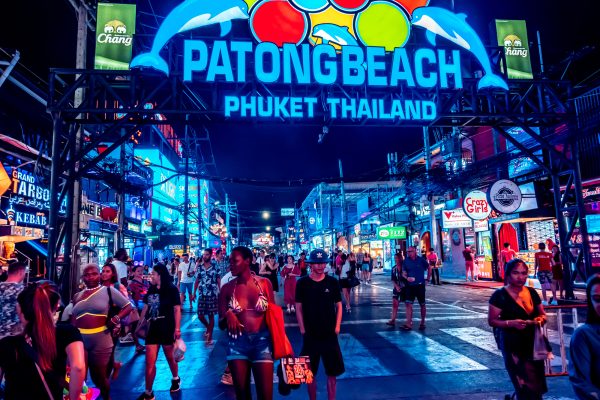
“Many people have made the decision to relocate to Phuket for three to six months… or even one year.”
Russian immigrants require homes, schools, employment, and permits to stay on the lovely island, which takes time in Thailand where gaining long-term residency rights can be challenging.
Money is not a concern for many of the newcomers who are willing to trade in a home on a war footing for a life in the Thai sunshine. Realtors in Russian-dominated regions of the island claim that prices have reached all-time highs as a result of the flood of wealthy tourists and the growing realization that the war, now in its second year, has no conclusion in sight.
Up until recently, luxury condos could be rented for approximately $1,000 per month, but now they may fetch three times that amount. Expensive villas that cost $6,000 or more, however, are reserved up to a year in advance.
Similar to the sellers’ market, it is raging. According to the Thai Real Estate Information Center, over 40% of all condominiums sold to foreigners in Phuket were purchased by Russians in 2022. (REIC). Russian purchases totaled $25 million in sales, which is significantly more than what Chinese buyers, who made up the next-largest group of purchases, spent.
Local real estate agents claim that some buyers have spent up to $500,000 on luxurious off-plan homes near the sea.
On the difficult economic circumstances in Russia, Malygaevareal remarked, “The situation has changed at home.” Individuals with money travel abroad and are willing to pay for international schools, which are less expensive than those in Moscow.
Several Russians have arrived in Phuket with one-way tickets and tourist visas, according to a Russian travel agent who talked on the record due to the sensitivity of the subject. “[They] simply do not return home… they are here to avoid conscription.”
.Russians make up one of the largest visitor demographics in well-known Thai resort locations like Pattaya Vijitra Duangdee].
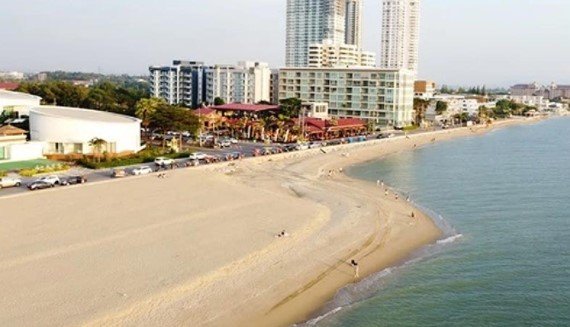
The significant increase in Russians is also evident in other well-known tourist destinations, like the eastern shore resort of Pattaya and Koh Samui, Thailand’s second-largest island, where a sizable Russian population has long been centered in the beach town of Jomtien.
Since October, more Russians have relocated to Pattaya. According to Mikhail Ilyin, the senior priest of the All Saints Russian Orthodox Church in Pattaya, “They are generally young couples who are concerned about their safety.
Putin’s invasion has a dual effect, though.
The rouble crashed, and Dar, a Thai masseuse in her 40s, claimed she quit her position at a posh spa in Moscow as the value of her salary—which was generous by Thai standards—fell. Dar has secured new employment in Jomtien, where her exceptional language abilities attract recurring Russian customers.
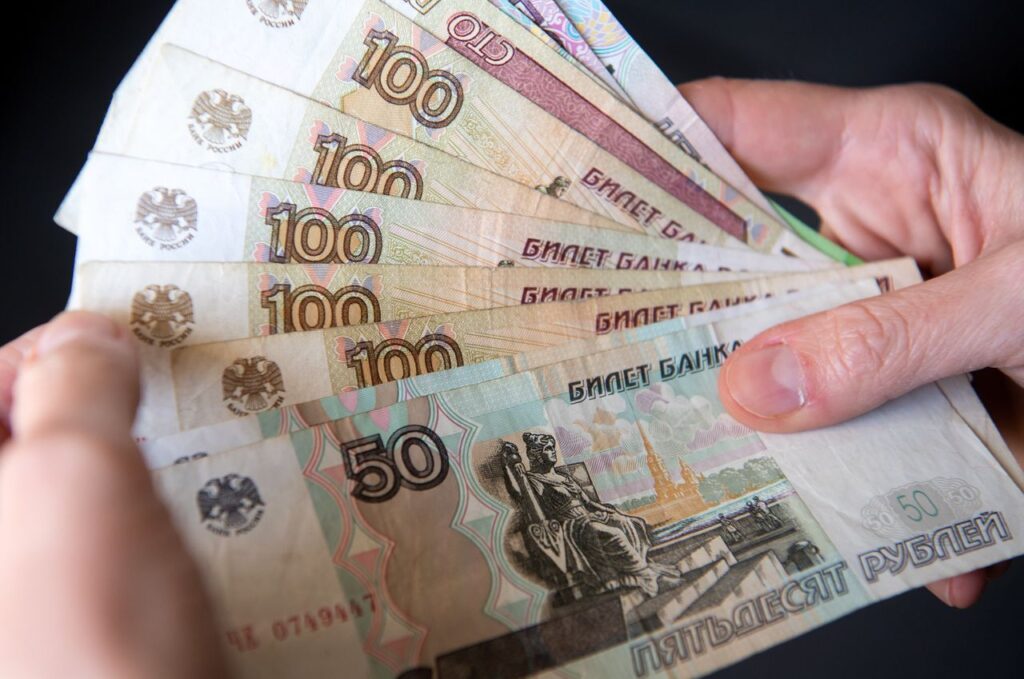
She asked to only be referred to by her first name and added, “The women tell me they are anxious to get their husbands, boyfriends, or children to come over here to stay.” They therefore arrive first, look for housing, and attempt to secure visas for their men.
After a significant incident involving Thai immigration police assisting the Chinese mafia in bringing thousands of people into Thailand through phony labor and volunteer schemes was made public in November, visas are no longer as simple to obtain as they once were.
That implies that wealthy Russians must apply for the “Elite Card,” a pricey property ownership visa that allows a family to stay for an extended period of time for about $25,000 USD.
The priest IIyin saw that long-term residence here was not as simple as many believed. Some people are considering going back because they are out of choices.
There is also animosity in some places about the influx of Russians and Russian money into Thailand.
Some local tourism firms in Phuket, which was particularly hard impacted by the COVID-19 pandemic’s collapse of world travel, have expressed outrage over Russians purportedly stealing local jobs.
Russian taxi drivers have drawn criticism for ferrying their countrymen around the island and escorting tour groups through Phuket’s historic Old Town, frequently without the necessary authorizations or visas.
Bhummikitti Ruktaengam, head of the Phuket Tourism Association, expressed concern earlier this month about the possibility of Russians displacing locals.
On his Facebook page, Ruktaengam stated, “If it’s true they’re taking our jobs in our own homes, we can’t allow this to happen.”

